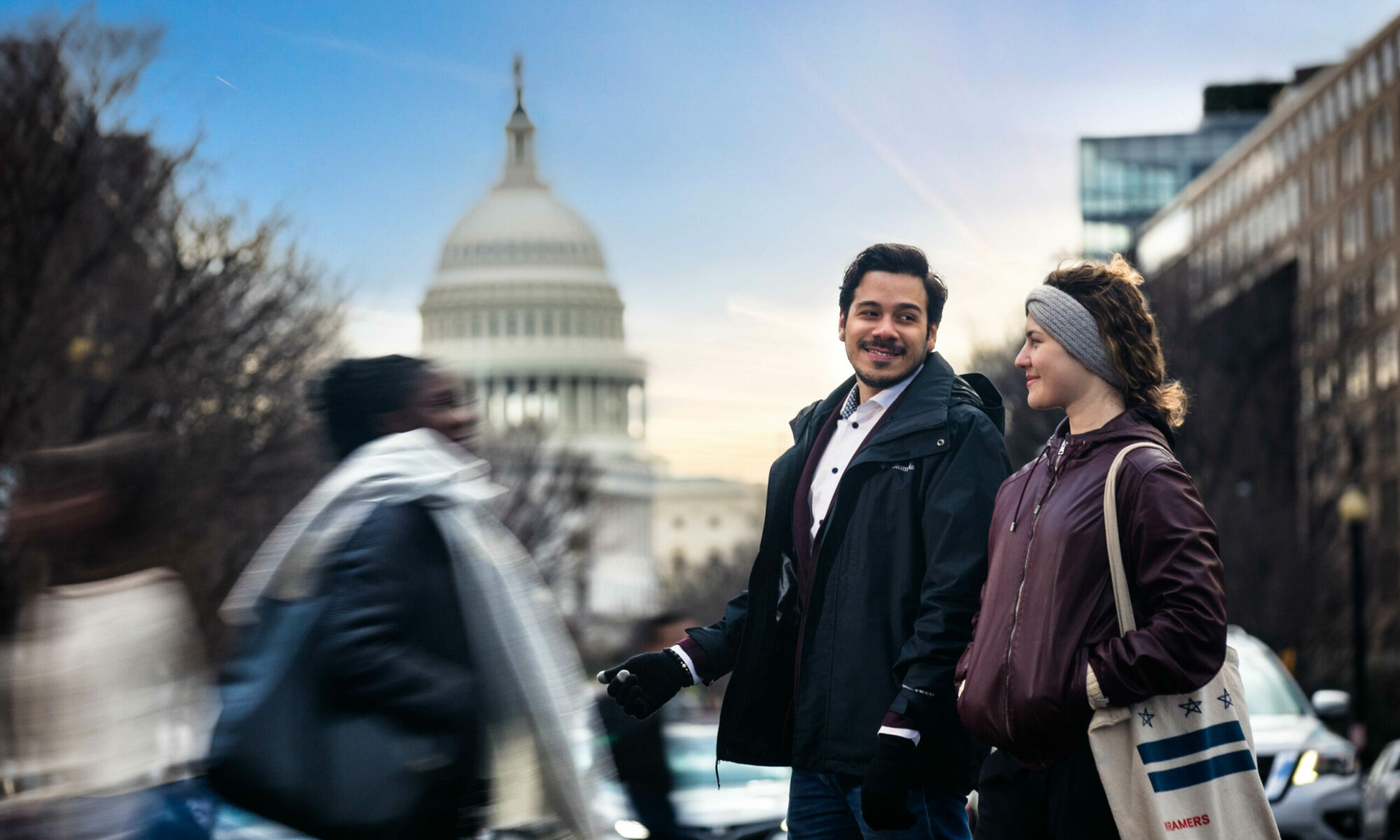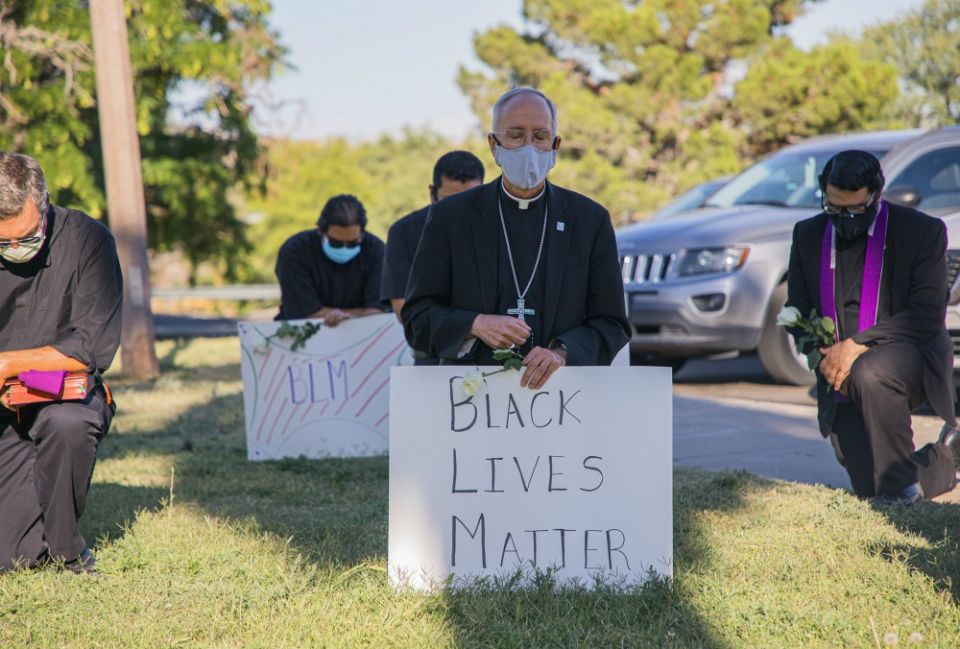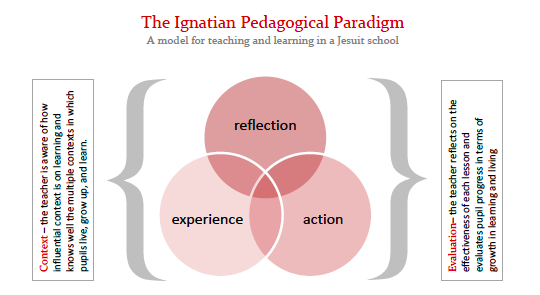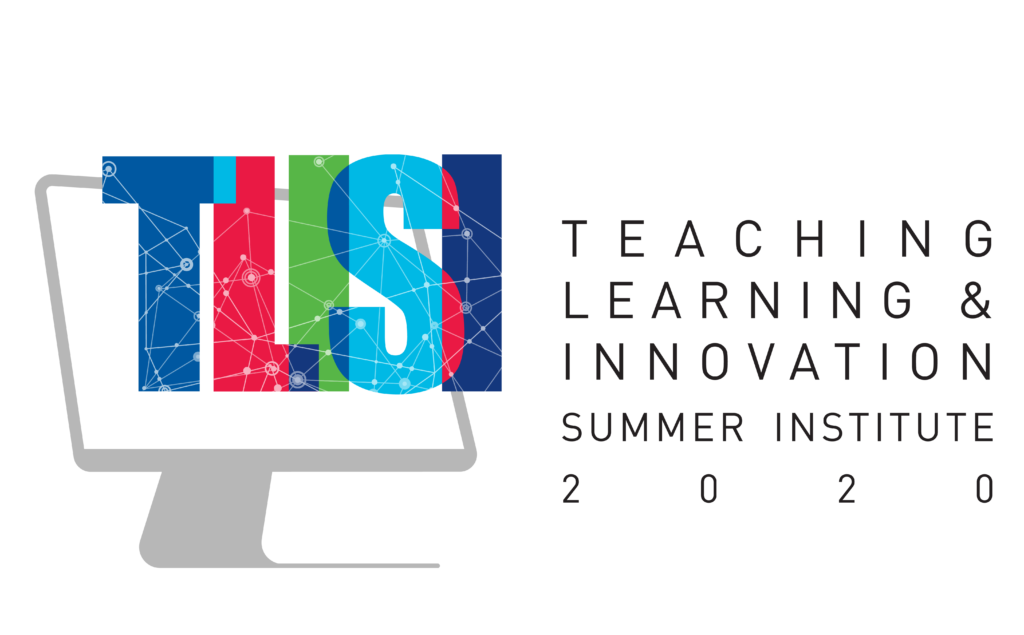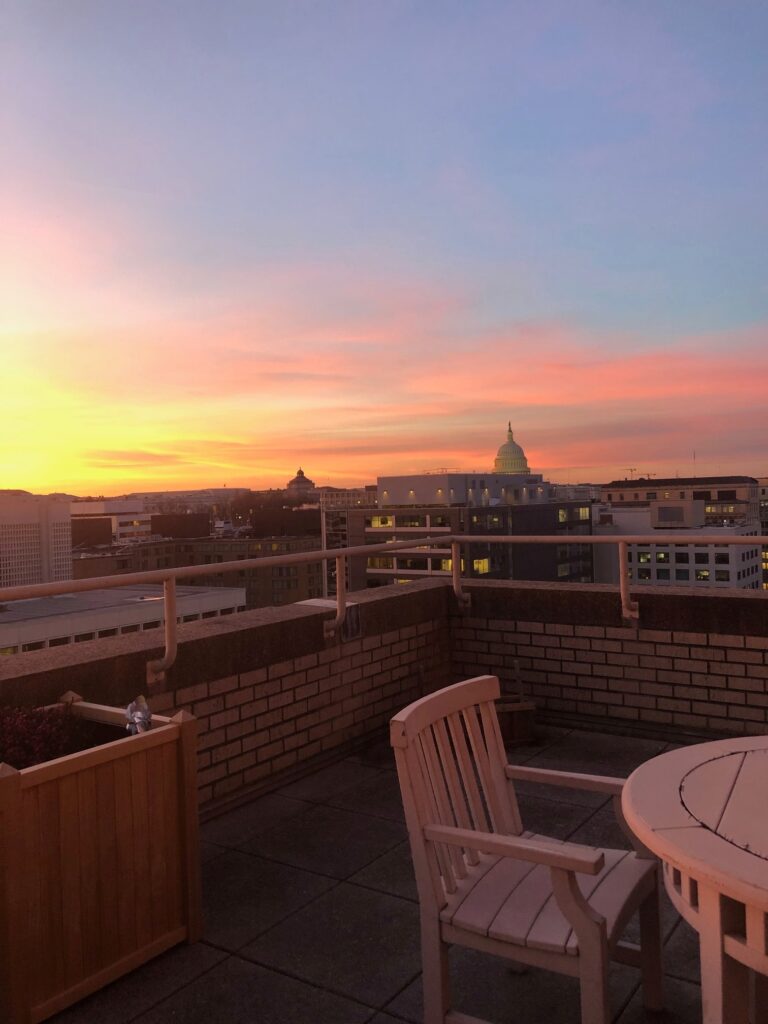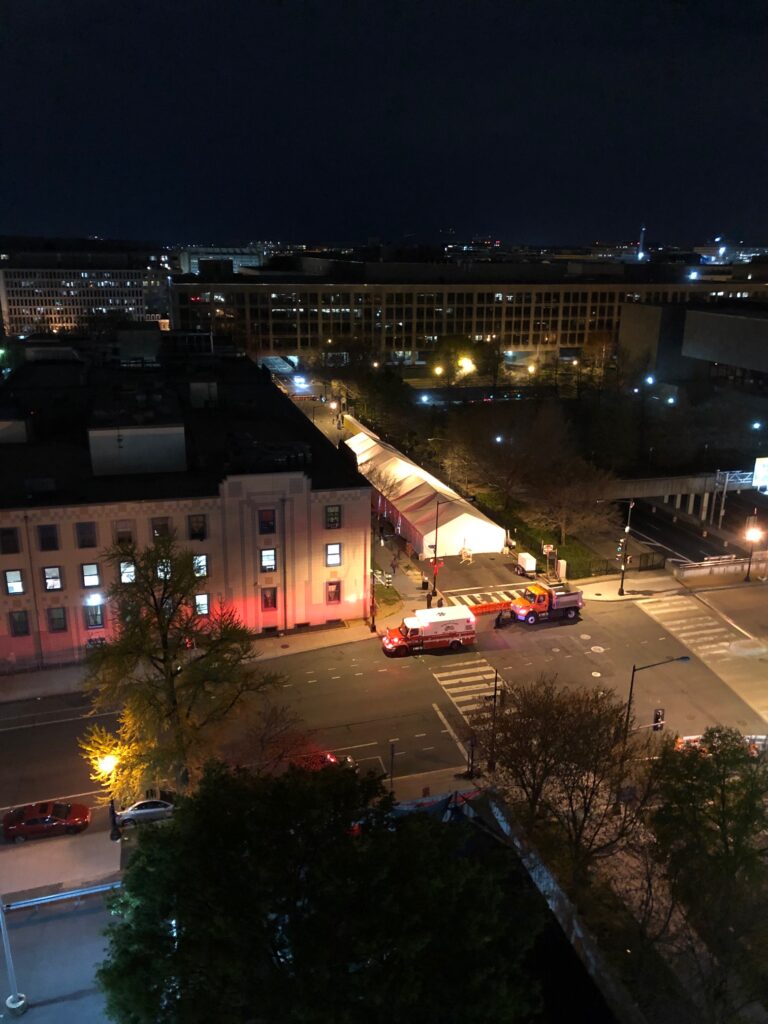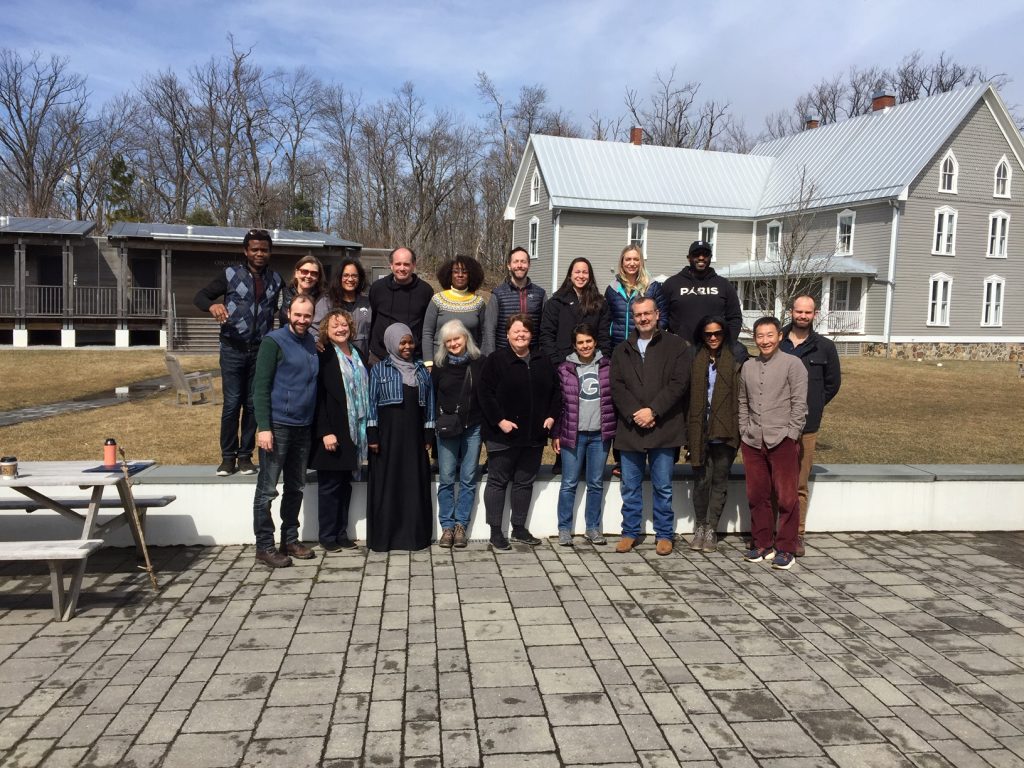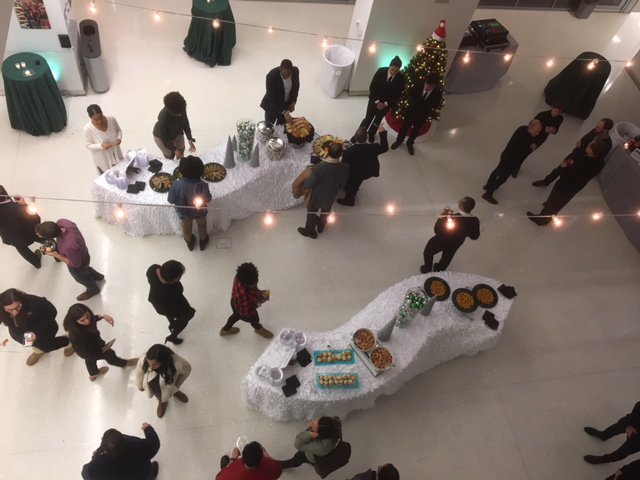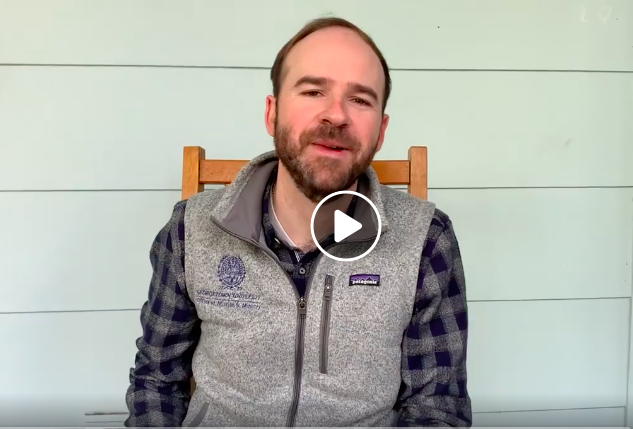This week’s announcement by the U.S. Department of Homeland Security’s Student and Visitor Program (SEVP) unsettles our learning community and contributes to feelings of uncertainty for our international students at Georgetown. Both President DeGioia and Dean Otter issued statements this week decrying the SEVP guidance and expressing solidarity with our international community. This news compounds other distressing news–in addition to intersecting pandemics of COVID-19 and systemic racial injustice, we find ourselves confronting another profound challenge. Feelings of confusion, disappointment, and concern are pervasive, which might give rise to hopelessness.
We are again in a position to ask how our university mission, values, and heritage might provide resources for hope in this time. Last week, I reflected upon the legacy of Jesuit higher education in the United States and invited you to more deeply consider what being a student, staff, or faculty member at a Jesuit institution means to you. This week, I’d like to share a framework for helping engage constructively with your emotions. Here is my invitation: How best to move from feelings of disappointment to discerned action about how to proceed in these times of challenge? Whether the difficult feelings rising up for you are about the SEVP guidance, racial injustice, fall operating plans, COVID-19, and/or other inter-related challenges facing our Georgetown community and the broader world, this framework for meaning-making may be helpful to you.
Anchored in both Jesuit spirituality and experiential learning theory, this approach is intended to help you reflect and learn from your experiences. Utilized in community-based learning courses, including the SCS Jesuit Values in Professional Practice course described here, the framework assumes that all experiences, including the raw data of our feelings, provide an opportunity for deeper learning, self-growth, and social transformation. Even the most difficult emotions can be formative to your growth and development. The model moves through this pattern: Awareness (What?) > Understanding (So What?) > Action (Now What?). Let me briefly explain each stage in this theory of reflection.
Awareness (What?): There is power in naming the feelings of disappointment. Feelings are temporary and go away. Being explicit about naming feelings is the first step toward finding balance because your feelings may be indicating other concerns in your life that need to be addressed. In this first stage of growing in awareness of your feelings, I invite you to breathe, identify, observe, name, and withhold judgment. If possible, write out all of the feelings that you are noticing in yourself. You might consult a feelings vocabulary list to help you explicitly articulate your interior emotions. There is power in naming feelings.
Understanding (So What?): The next stage invites you to make meaning of your feelings and subjective, personal experience. This step in reflection critically considers, analyzes, and understands your feelings. The goal is to obtain a deeper form of knowing about your experience and the implications for your life. In this second stage of reflection, I invite you to connect your feelings in this moment with other experiences you’ve had and learned from in the past. For example, do you have memories of dealing with similar feelings? Are there resources in your education, including books, theories, projects, mentors, or other meaning-making structures like your faith community, family, etc. that might help you make sense of your emotions and reactions? How can you engage these feelings at a deeper level?
Action (Now What?): The final stage is one of transformation, a movement from feelings of frustration into discerned action for the future. This is not possible until you have named and accepted your feelings. Having done that, you can grow in greater interior freedom. Such detachment frees you to practice compassion for others. Herein lies the truly transformative potential of confronting difficult feelings. How do you make difficult feelings a learning experience that deepens your commitment to social transformation, to acting for justice?
Here are some additional suggestions:
- If you are a student and in need of mental health resources, please reach out to Counseling and Psychiatric Service. Faculty and staff should reach out to the Faculty and Staff Assistance program.
- Consider signing up for SCS Daily Digital Meditations offered over Zoom each day of the work week at 12 pm EST. Georgetown’s Office of Campus Ministry also offers spiritual and religious programs that you can learn more about here.
- Reach out to your peers to inquire about how they are doing. Consider forming a small support group to create open space for sharing and reflecting on your feelings.
- Develop your own interior practice of naming your feelings. You might consider practicing the Ignatian examen, a structured form of regular reflection as a way to get in touch with your emotions.
- Explore opportunities to serve others at this time by considering these resources from Georgetown’s Center for Social Justice: “Promoting Social Justice While Social Distancing” and “Ways to Serve Our City During COVID-19.”
